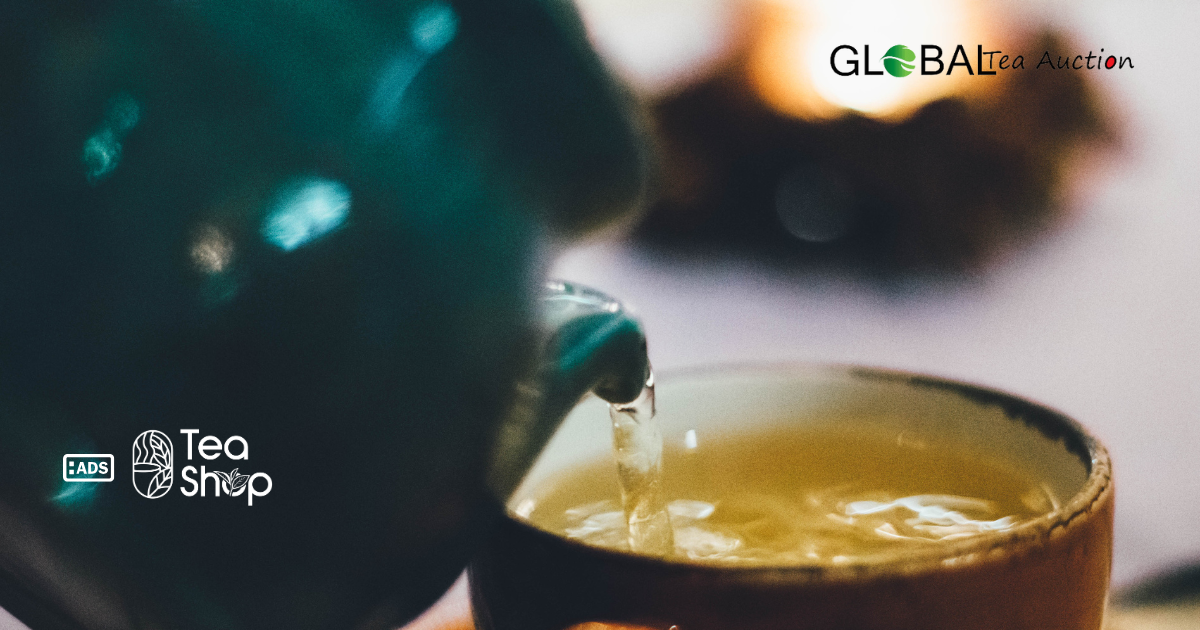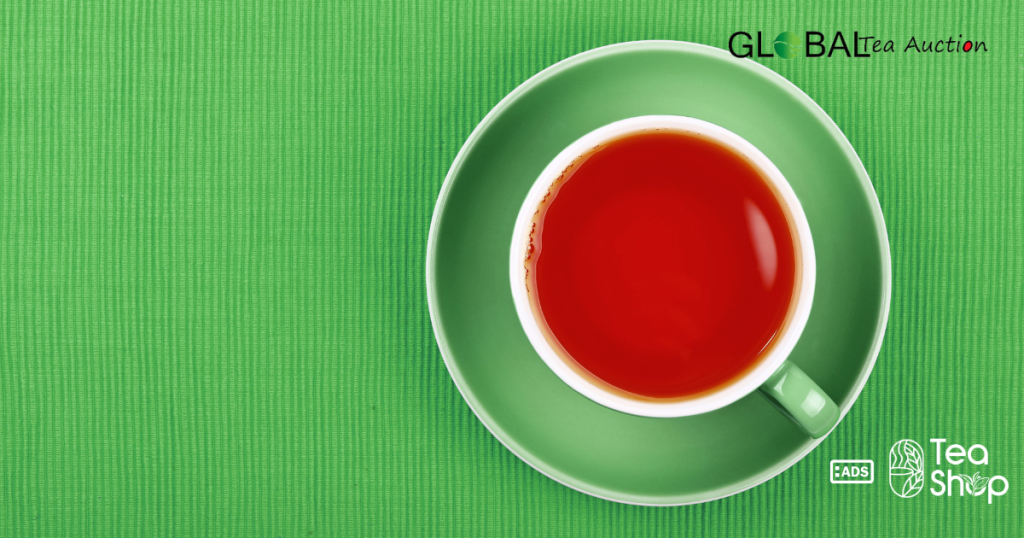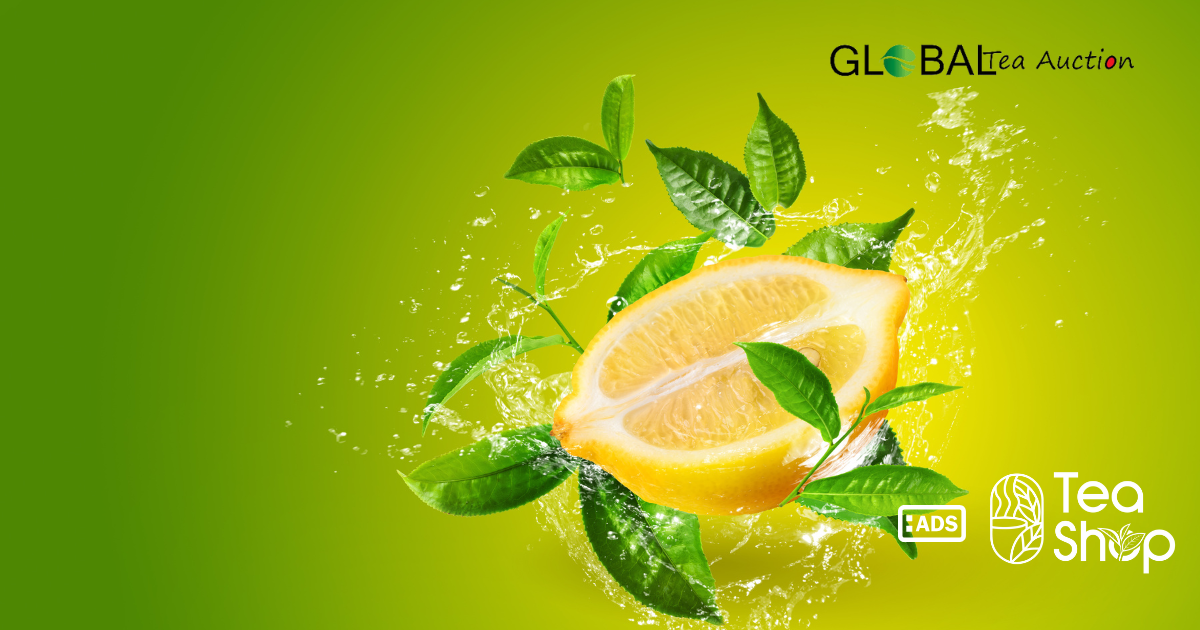Does Green Tea Have Caffeine and What It Means for Your Health?
Caffeine is a naturally occurring stimulant found in various plants, including coffee beans, tea leaves, and cocoa beans. It functions by stimulating the central nervous system, providing a temporary energy boost and enhanced mental alertness. As a common ingredient in beverages and foods, caffeine’s effects are well-documented and widely discussed.
Despite its popularity, caffeine consumption has its pros and cons. On the positive side, it can improve focus and concentration, boost mood, and even enhance physical performance. However, excessive intake may lead to restlessness, anxiety, and insomnia. Understanding the right balance is key to reaping the benefits without experiencing the downsides.
For those who enjoy a refreshing cup of tea, understanding the caffeine content in different types of tea is essential. This knowledge helps individuals make informed choices about their caffeine consumption, especially if they are sensitive to its effects or are trying to limit their intake.
Does Green Tea Have Caffeine? The Facts Explained
Yes, green tea does contain caffeine, although it is generally less than what is found in black tea or coffee. The caffeine content in green tea can vary based on several factors, including the type of green tea, its preparation, and brewing time. On average, a cup of green tea contains about 20-45 milligrams of caffeine per 8-ounce serving.
It’s essential to understand that caffeine levels in green tea can differ significantly between varieties. For instance, matcha, a powdered form of green tea, tends to have a higher concentration of caffeine compared to loose leaf or bagged green tea. This is because matcha involves consuming the entire leaf rather than just an infusion.
For those looking to moderate their caffeine intake, knowing which green tea varieties have more or less caffeine can be incredibly beneficial. By choosing the right type of green tea, individuals can enjoy the health benefits of this beverage without overdoing it on caffeine.

Comparing Caffeine Content: Green Tea vs. Other Beverages
When comparing the caffeine content of green tea to other popular beverages, it’s clear that green tea generally has less caffeine than coffee. On average, an 8-ounce cup of brewed coffee contains about 95 milligrams of caffeine, more than double that of green tea. This makes green tea a suitable option for those who want a mild caffeine boost without the intensity of coffee.
Interestingly, black tea typically contains more caffeine than green tea, with an average of 40-70 milligrams per 8-ounce cup. This is due to the different processing methods and oxidation levels between black and green teas. Therefore, for those looking to reduce caffeine intake from tea, green tea may be a preferable choice.
When considering caffeine-free alternatives, herbal teas like chamomile or peppermint provide an enjoyable option without any caffeine content. These beverages can be a great option for evening consumption or for individuals who are particularly sensitive to caffeine.
Exploring Different Types of Green Tea: Matcha, Jasmine, and More
Green tea comes in various forms, each with its unique flavor profile and caffeine content. Matcha, for example, is made by grinding whole green tea leaves into a fine powder, resulting in a beverage with higher caffeine levels and a vibrant green color. It’s often used in traditional Japanese tea ceremonies and is prized for its rich, umami taste.
Jasmine green tea, on the other hand, is a fragrant blend that combines green tea leaves with jasmine blossoms. This type of tea is known for its delicate floral aroma and slightly sweet taste. Jasmine green tea typically has a moderate caffeine content, making it suitable for those who enjoy a fragrant, uplifting cup without too much caffeine.
Other popular varieties include Sencha, a Japanese green tea with a refreshing, grassy flavor, and Gunpowder, which consists of leaves rolled into small pellets. Each type of green tea offers a different experience, allowing tea enthusiasts to explore a wide range of flavors and caffeine levels.

How Much Caffeine Does Green Tea Have? A Comprehensive Breakdown
Understanding the caffeine content in green tea involves looking at the specific type of tea and its preparation. Here’s a breakdown of average caffeine levels in popular green tea varieties:
- Matcha: Approximately 60-70 mg per 8-ounce serving
- Sencha: Around 20-30 mg per 8-ounce serving
- Jasmine Green Tea: Roughly 15-25 mg per 8-ounce serving
- Gunpowder Green Tea: Typically 30-40 mg per 8-ounce serving
These figures can vary based on factors like brewing time and water temperature. A longer steeping time or higher water temperature can extract more caffeine from the tea leaves, resulting in a stronger brew.
For those aiming to minimize caffeine intake, opting for shorter brewing times or cooler water can help reduce the caffeine content in a cup of green tea. Additionally, decaffeinated green tea options are available for those who want to avoid caffeine altogether while still enjoying the flavor and health benefits of green tea.
Does Arizona Green Tea Have Caffeine? Debunking the Myths
Arizona Green Tea is a popular ready-to-drink beverage that often comes in a sweetened form. Many people wonder whether it contains caffeine. The truth is, Arizona Green Tea does have caffeine, albeit in smaller amounts compared to freshly brewed green tea.
An 8-ounce serving of Arizona Green Tea typically contains around 7.5 milligrams of caffeine. This lower caffeine content is due to the dilution with other ingredients, such as sugar and flavorings, that are commonly added to ready-to-drink teas.
For those who enjoy the convenience of bottled teas but wish to control their caffeine intake, knowing the caffeine content in these beverages can help make informed choices. If you’re looking for a caffeine-free option, checking the label for decaffeinated or herbal alternatives can be a good strategy.
Green Tea vs. Coffee: Which Has More Caffeine?
When comparing green tea and coffee, it’s evident that coffee generally contains more caffeine. A standard 8-ounce cup of coffee can have between 80-100 milligrams of caffeine, depending on factors like the type of coffee bean and brewing method. In contrast, an 8-ounce serving of green tea contains about 20-45 milligrams of caffeine.
This significant difference in caffeine content makes green tea a suitable choice for those who want a gentler pick-me-up. While coffee provides a more immediate and intense caffeine kick, green tea offers a more subtle and sustained energy boost without the jitters or crash that can accompany coffee consumption.
For individuals who enjoy the ritual of drinking a hot beverage but want to avoid high caffeine levels, green tea serves as an excellent alternative to coffee. Its lower caffeine content, combined with its rich array of antioxidants, makes it a healthful choice for daily consumption.
Does All Green Tea Have Caffeine? The Varieties and Their Contents
Not all green teas have the same caffeine content, and some varieties are specifically processed to reduce or eliminate caffeine. Decaffeinated green tea is an option for those who prefer to avoid caffeine altogether. While this type of tea still contains a minimal amount of caffeine, it is significantly less than regular green tea.
For those exploring different green tea varieties, it’s essential to consider factors like processing methods and the specific type of tea. For example, white tea, which is minimally processed, generally has less caffeine than traditional green tea. However, it still contains some caffeine, making it something to consider for those who are particularly sensitive.
Understanding these differences allows tea drinkers to make choices that align with their caffeine tolerance and personal preferences. Whether you prefer a more robust, caffeinated tea or a mild, decaffeinated option, the world of green tea offers something for everyone.
Caffeine in Popular Brands: Does Lipton Green Tea Have Caffeine?
Lipton Green Tea is a familiar brand many people turn to for their daily dose of antioxidants. Like other green teas, Lipton Green Tea does contain caffeine, typically ranging from 20-30 milligrams per 8-ounce serving. This moderate amount makes it a popular choice for those who want a balanced caffeine intake.
For those who enjoy Lipton’s convenience and accessibility, understanding its caffeine content helps manage daily consumption. Whether you choose the classic green tea bags or Lipton’s flavored varieties, the caffeine content remains relatively consistent across their product line.
For those seeking a caffeine-free experience, Lipton also offers decaffeinated green tea options. These retain the flavor and benefits of green tea while significantly reducing caffeine levels, providing a versatile choice for any time of day.
Health Implications: What Caffeine in Green Tea Means for You
The caffeine in green tea can have several health implications, both positive and negative. On the positive side, the caffeine content can enhance mental alertness, improve focus, and boost physical performance. Additionally, green tea is rich in antioxidants, which can contribute to overall health and well-being.
However, excessive caffeine consumption can lead to potential health issues, such as increased heart rate, anxiety, and sleep disturbances. For individuals sensitive to caffeine, moderating green tea intake or choosing decaffeinated options can help mitigate these effects.
Balancing the benefits and drawbacks of caffeine in green tea is crucial for maintaining a healthy lifestyle. By understanding your own body’s response to caffeine, you can enjoy the benefits of green tea while minimizing any adverse effects.
Conclusion: Making Informed Choices About Your Beverage
In conclusion, green tea does contain caffeine, but its levels are generally lower than those found in coffee and black tea. Understanding the caffeine content in various green tea types allows for informed decisions regarding consumption. Whether you prefer the high caffeine content of matcha or the milder jasmine green tea, there’s a green tea for every palate and caffeine tolerance.
For those concerned about caffeine intake from popular brands like Arizona or Lipton, checking labels and choosing decaffeinated options can be a practical approach. It’s all about finding the right balance that suits your lifestyle and health needs.
As you explore the diverse world of green tea, remember to consider your personal preferences and health goals. Whether you’re reducing caffeine for health reasons or simply exploring new flavors, green tea offers a versatile and enjoyable experience. If you’re ready to dive deeper into the benefits and varieties of green tea, consider trying a new brand or type today, and discover the perfect brew for your routine.Explore our selection of premium green teas and start your journey to a healthier lifestyle today. Whether you’re seeking a low-caffeine option or want to indulge in the rich flavors of matcha, find your perfect cup with us!




